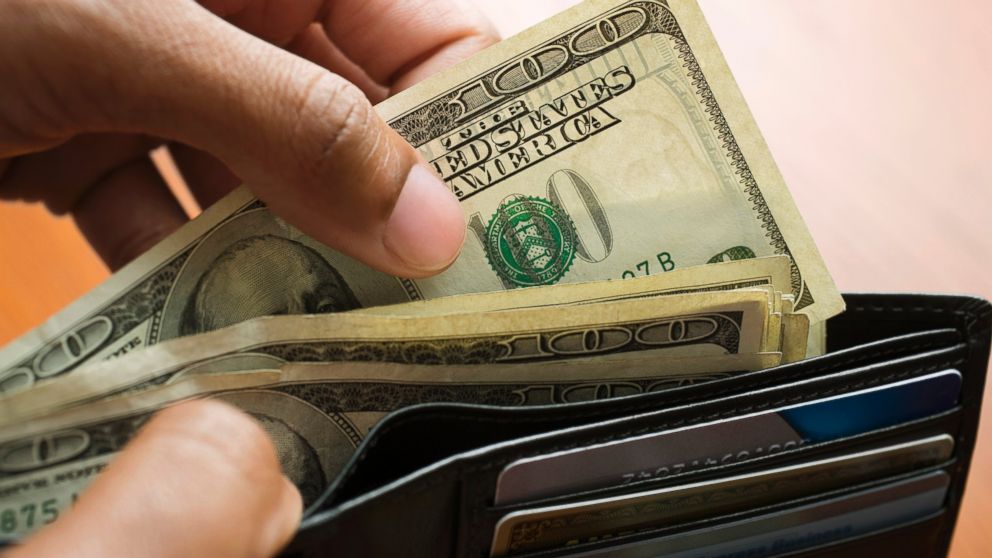The Debt Tax: What Owing Money Costs You
Do you know how much NOT paying it off is costing you?

March 30, 2014— -- If you’re carrying debts -- from student loans, credit cards, a car note or a mortgage -- you could probably tell me roughly how much you owe and at what interest rates you owe it. Thanks to the CARD Act, those of us who carry credit card debt now see how long it will take to pay it off on our monthly statements. It’s likely, however, that most folks don’t realize that by spending money on non-essentials, rather than paying off debt, you’re paying a tax of sorts. Here’s why.
While in debt, purchases you make actually cost more than what you pay the merchant, and not just when you buy it with a credit card. The reason for this is because every time we buy something (and particularly when we buy things we don’t need), we are forgoing the opportunity to pay off existing debt – given that, let’s just assume that everything we buy is essentially costing us more than we think we’re paying.
Let’s say you’re carrying a $1,000 credit card balance at a 20 percent APR, and your issuer sets your minimum monthly payment at 2 percent -- which is $20. If you keep your monthly payment fixed at $20 a month until it’s paid off, it will take you just over nine years and you’ll have paid about $1,168 in interest. If you paid $21 a month instead, it would take you eight years and cost you about $1,005 in interest. (This is assuming you continue to pay down the debt, and do not add to it.) Just that extra $1 every month will save you a year of debt payments and $153.
Each dollar that you don’t pay over that fixed minimum payment ends up costing you so much more in the end.
It’s important to keep that in mind when buying things while carrying a balance. If an extra $1 a month can save $153 in the scenario above, what would an extra $5 a month (aka your Starbucks trip this morning) save you? How about an extra $70 a month (aka those great jeans you wanted, but maybe didn’t need)? Buying items you don’t need while carrying debt costs you more in the long run.
It’s disconcerting to consider your spending as a series of purchases earning interest charges from the moment you make them, as you are in our debt tax scenario. For people already carrying credit card debt, avoiding interest charges is one reason they often switch to using debit cards. But if you’re not actively paring down your debts by making more than the minimum payments – even on low-interest rate debts like student loans, which some borrowers extend out to 30 years – you’re increasing the time you carry those balances and, because of compound interest, the balances themselves.
So what should you do?
1. Start Paying Off Debts Completely
Whether it’s paying off those debts with the highest interest rates – or just the smallest debts to give you the motivation to carry on – start paying down your balances. The longer you carry them, the more you owe.
2. Don’t Let Your Credit Card Charges Become Invisible Spending
Whether you switch to a debit card, begin using cash or simply sign up for text alerts to notify you of changes to your balances, make sure your spending is visible to you on a daily basis. If you wait until the statement arrives to know whether you can pay off the balance, it’s already too late.




